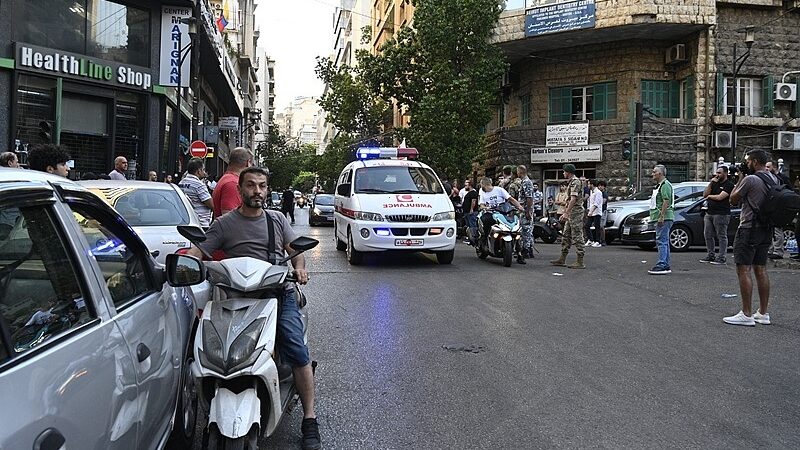On September 17, Lebanon was rocked by large-scale handheld pager explosions, occurring in various parts of the country, including the capital, Beirut. In a swift response, Hezbollah issued a statement holding Israel \"fully responsible\" for the incident, even as the Israeli government had yet to issue an official response.
The timing and method of these explosions raise critical questions about whether this marks a new phase in the long-standing Israel-Lebanon conflict or even a broader evolution in how regional conflicts are conducted.
A New Form of Conflict?
Handheld pager explosions represent a distinct shift from conventional military conflict in the region. Historically, the conflict between Israel and Lebanon has involved more traditional methods of warfare – cross-border skirmishes, rocket attacks, and airstrikes. Introducing this form of remote, distributed sabotage is alarming, as it could signal a new asymmetrical warfare strategy designed to create widespread fear and uncertainty without direct military engagement.
These explosions differ from traditional methods of conflict in their ability to target civilian populations with precision and cause psychological harm. Using handheld pagers, a communication tool, as a vehicle for attacks, the perpetrators have introduced an unpredictable and omnipresent form of danger.
This creates a heightened sense of vulnerability, as civilians and security forces alike are left to wonder if everyday devices could be used as weapons. The psychological impact of this new form of conflict cannot be overstated, as it introduces a level of uncertainty and fear not associated with conventional warfare tactics like missile attacks or ground invasions.
Moreover, this attack is more challenging to trace and respond to, requiring less direct engagement between military forces. The covert nature of these explosions allows for a broader range of potential perpetrators, whether state-sponsored or non-state actors, to instigate violence while avoiding immediate retaliation.
If this method becomes more common in the region, it could lead to a significant shift in how conflicts are waged – away from large-scale military operations and toward decentralized, low-cost attacks that undermine national security without requiring the full deployment of military resources.
Reference(s):
Handheld pager explosions in Lebanon: A new era of conflict in the ME?
cgtn.com




